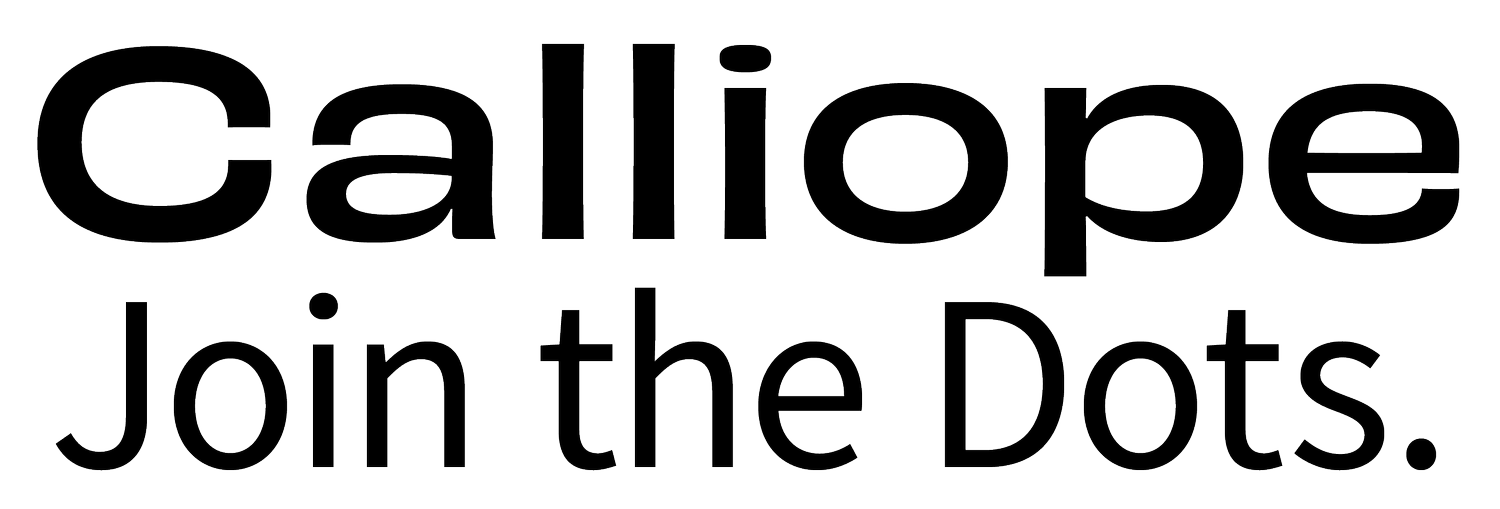
LEA M. IBELE
Theoretical Chemist. Queer Feminist.
A chemist whose work has taken her all around the world. Lea M. Ibele grew up in Austria and completed her BSc and MSc in Chemistry at the University of Vienna. Since then she has been part of teams at some of the world leading universities, pushing chemistry and its valued applications to new limits. A teacher, a speaker and an active researcher, Lea is forging ahead. Today, she is a Postdoctoral Researcher at Institut de Chimie Physique at the Université Paris-Saclay. An expert in theoretical chemistry, her research focuses on the interplay between light and molecules and developing novel methods to describe this interaction on the computer.
Lea M. Ibele / © Rainer Ibele
“Life on earth is under constant exposure of sunlight, so to understand the chemistry of our world we need to account for the effect of this light.”
I have always been curious to understand the world surrounding us. During my chemistry studies, I realized that an important aspect is often neglected: the sunlight - the only reason life on earth is possible (photosynthesis, vision, vitamin D) but also with detrimental effects (DNA damage through UV light). Describing any chemical processes on earth, plant growth, atmospheric composition, etc. we need to take into account the constant exposure to sunlight which can alter the chemical properties and compositions.
In my research, I develop novel methods and tools to describe this interaction between light and molecules. This allows us to understand many natural processes much better, such as the chemical composition of the atmosphere or the damaging of DNA through ultraviolet light but also to exploit light within solar cells or even for photodynamic cancer therapies.
As a queer woman in science, it is of particular importance for me to fight against the walls and barriers that have been created in the academic and scientific context. This is fundamental to be able to improve the quality of the education of the next generation as well as open doors for high-quality, impactful scientific research. I firmly believe that a diverse work environment is of fundamental importance to the success of the scientific research as well as the research team itself and that impactful, ground-breaking science cannot be achieved within exclusive, closed surroundings. Working together with people coming from different backgrounds also means that every single person brings a different way of viewing the world and forcibly confronting each other with them.
Scientific research is exactly that: Rethinking and envisioning the way we view the world.
“Questioning the way we view our world is a fundamental principle of scientific research. Science is never apolitical: as a researcher, one is always influenced by own social, economic, racial, ethnic or gender biases. Enlightenment is only achieved by leaving behind stereotypes to create a feminist future.”


